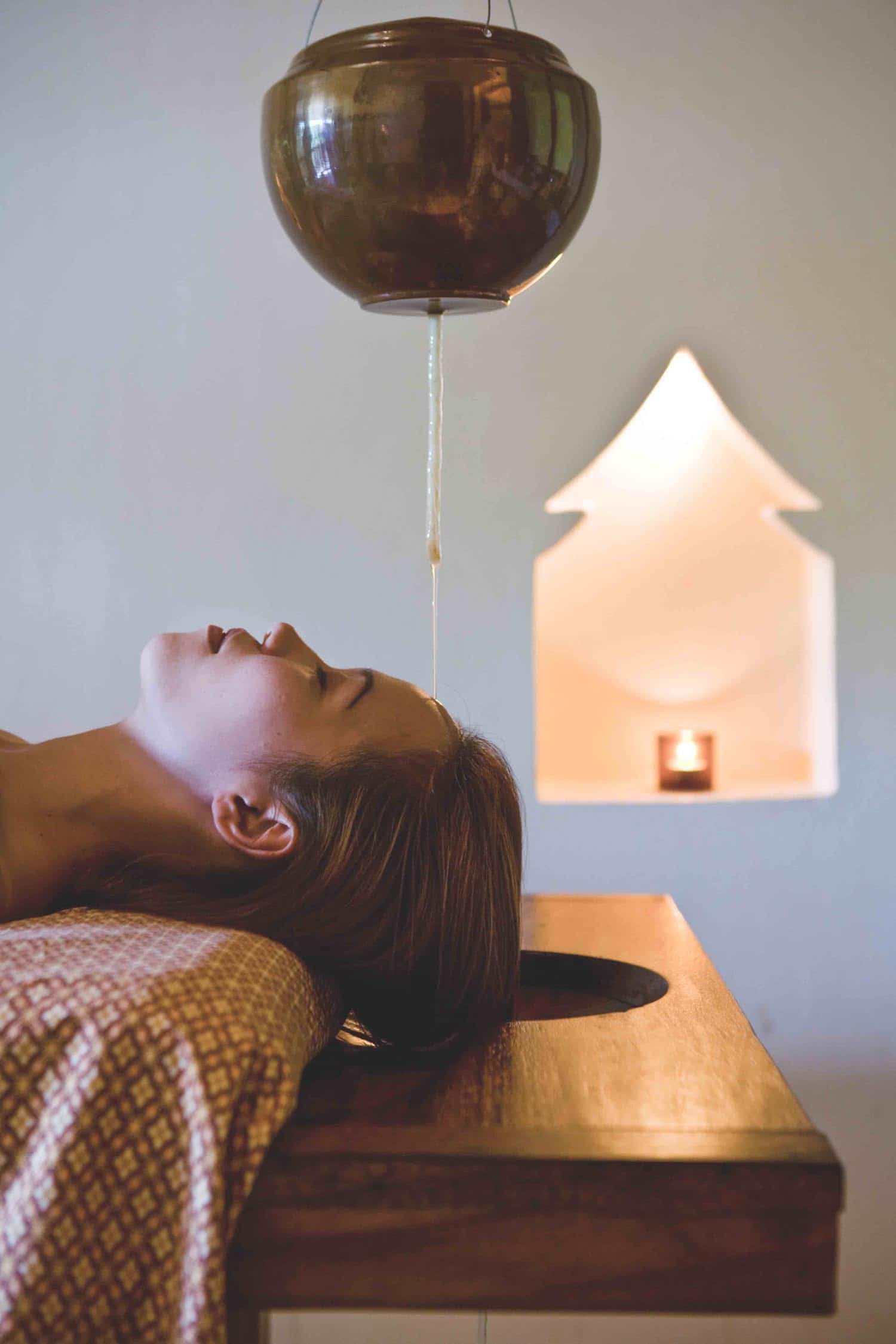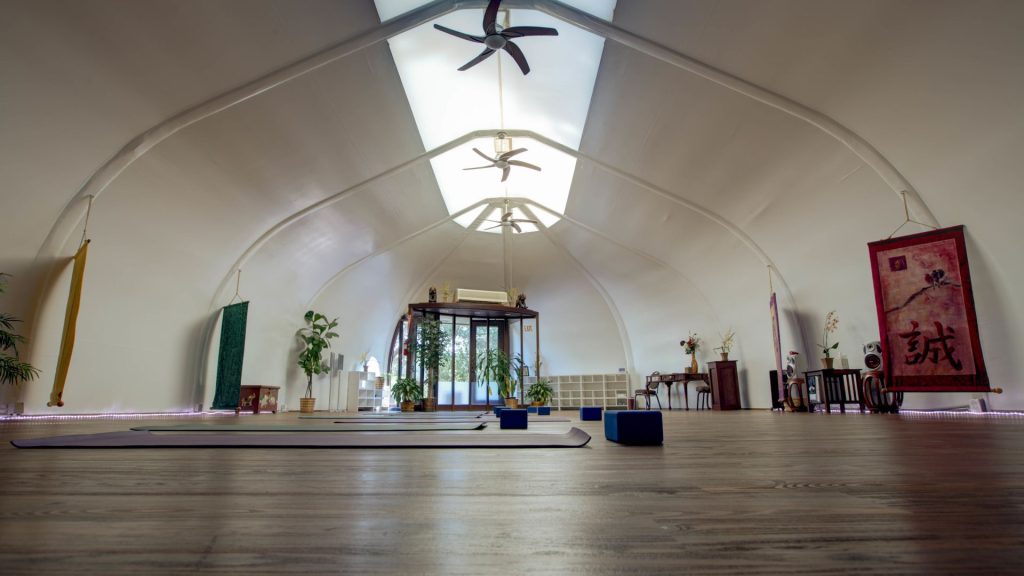How Bath Meditation Can Promote Emotional Connections with Water

Understanding Water’s Significance in Emotional Well-being
Water, a fundamental resource in every culture, transcends its physical characteristics to embody a deeper significance related to emotional health and human connection. In Nigeria, for instance, water is often held in reverence, symbolizing purity, renewal, and healing in various cultural narratives. It is not merely a means of sustenance; it is a medium through which individuals can explore and enhance their emotional landscape. The practice of bath meditation uniquely harnesses this essence, allowing individuals to forge a profound emotional bond with water.
The Emotional Benefits of Bath Meditation
Bath meditation serves as a unique avenue for individuals to experience the therapeutic aspects of water. The practice is not only about physical immersion but is also rich with psychological benefits, which include:
- Enhanced relaxation: Submerging oneself in warm water can significantly reduce muscle tension and alleviate physical stress. As the body relaxes, the mind follows suit, creating a harmonious balance that fosters a sense of peace.
- Stress reduction: Engaging with water can naturally lower cortisol levels, a hormone linked to stress. Studies have shown that just being near water, even in a bath, can invoke feelings of tranquility and calmness, allowing individuals to escape the hustle of daily life.
- Increased mindfulness: Bath meditation cultivates present-moment awareness. The sound of water splashes, the sensation of warmth, and the soothing aroma of bath oils can draw individuals into a mindful state, promoting self-reflection and inner peace.
Creating an Emotional Connection
Through bath meditation, individuals are encouraged to engage fully with their emotions and surroundings. The sensory experience is immersive—whether it’s the gentle ripple of water or the warmth enveloping the body, these elements can provoke significant emotional responses. By focusing on the water, participants can:
- Access deeper emotions: Bath meditation serves as a sanctuary where hidden feelings may surface, allowing for emotional release and self-expression.
- Foster creativity: Many artists and writers have long recognized the inspirational power of water. Meditative practices in a bath can unleash creativity, enabling individuals to explore new ideas in a calm, nurturing environment.
- Cultivate gratitude: Reflecting on the importance of water inspires appreciation for its role in health and well-being, encouraging gratitude not only for the physical element but for the cleansing and life-giving properties it represents.
By embracing this practice, individuals discover that bath meditation not only revitalizes the body but also nurtures and strengthens emotional connections with the concept of water. As we delve deeper into this meditative journey, we uncover a holistic approach to well-being that can significantly impact how we perceive and interact with the world around us, deeply rooted in cultural significance and personal reflection.
ADDITIONAL INSIGHTS: Expand your understanding here

Exploring the Therapeutic Elements of Water
Bath meditation is an intriguing practice that transcends mere relaxation; it delivers a unique opportunity for emotional exploration and connections with water. The experience of bathing extends beyond just cleansing the body; it taps into the powerful, often subconscious, relationship humans have with water. In Nigerian culture, water plays a pivotal role in rituals, healing practices, and daily life, symbolizing not only physical sustenance but also emotional rejuvenation. By recognizing the emotional aspects of water, individuals can deepen their connection through bath meditation.
The Sensory Experience of Bathing
The moment one steps into a bath, a myriad of sensations unfold. Warm water envelops the body, providing a feeling of comfort, akin to a gentle embrace. This initial contact can serve as a powerful trigger, activating memories and feelings related to water. The soothing sound of water lapping against the sides of the tub can evoke a sense of calm and serenity, reminiscent of the tranquil waters found in Nigerian rivers or lakes. Engaging fully with these sensory experiences allows individuals to:
- Enhance emotional awareness: As the mind begins to quiet and focus on the sensory details of the bath, individuals can become more attuned to their emotions, recognizing feelings that may have been suppressed or ignored.
- Utilize soothing scents: Incorporating essential oils like lavender or eucalyptus can enrich the bathing experience, further encouraging relaxation and emotional release. The sensations of warmth, aroma, and sound can synergistically enhance the emotional depth of the session.
- Create a serene environment: Dimming the lights, playing calming music, or even adding bath crystals can turn the bath into a personal sanctuary, ideal for introspection and emotional processing.
These carefully curated elements foster a space where individuals can explore the fluid nature of emotions. Much like water, our feelings can ebb and flow, sometimes rising unexpectedly and other times receding quietly. Bath meditation invites participants to embrace this flow, allowing emotions to surface in a safe environment.
Connecting with Cultural Significance
In many Nigerian traditions, water is not just a physical element but a spiritual one that is intricately linked to emotions and life experiences. Bath meditation can thus be a profound way to honor this significance. By taking the time to immerse oneself in a bath, individuals can reflect on how water has influenced their emotional journey throughout their lives—be it through the communal gathering at the riverbanks, the joyous splashes during festivities, or the moments of solitude by a flowing stream. Such reflections can enhance the meditative experience, bridging personal history with cultural identity.
As individuals embark on their bath meditation, they are not merely engaging in a solitary practice; they are participating in a time-honored relationship with water that encompasses healing, reflection, and emotional connectivity. Embracing this emotional bond with water paves the way for deeper self-understanding and appreciation, redefining the way one interacts with both their surroundings and their inner self. With every ripple and splash, bath meditation has the potential to transform the mundane act of bathing into a sacred ritual of emotional reconnection.
| Advantage | Description |
|---|---|
| Deep Relaxation | Engaging in bath meditation allows one to experience deep relaxation, eliminating stress and anxiety while fostering an emotional bond with water. |
| Enhanced Awareness | This practice enhances self-awareness and appreciation for the calming properties of water, inviting a deeper emotional response. |
| Mindfulness Practice | Bath meditation acts as a form of mindfulness, reinforcing the connection between body and mind through the soothing experience of bathing. |
| Emotional Release | Soaking in water facilitates an emotional release, allowing individuals to let go of pent-up feelings and connect on a deeper level with water. |
Incorporating bath meditation into your routine not only enriches your connection with water but also offers profound mental health benefits. As you immerse yourself, consider the rejuvenating properties of water, allowing it to wash away emotional burdens. Embracing these advantages promises not merely relaxation but a journey toward emotional wellness, proving why the act of bathing transcends mere hygiene. With each bath, you embark on a voyage towards deeper emotional connections, unlocking unique insights and self-reflection opportunities. Explore this therapeutic practice further to discover its full potential in enhancing your emotional life.
ADDITIONAL INSIGHTS: Expand your understanding here
Emotional Release and the Power of Reflection
One of the remarkable aspects of bath meditation is its capacity to facilitate emotional release. The act of submerging oneself in water can create a sense of isolation from the outside world, allowing for a profound moment of reflection and introspection. As one immerses in the warmth, feelings of tension and anxiety can be dissolved, much like salt in water. This creates an ideal backdrop for individuals to confront their emotional state openly.
Understanding Emotional Flow
In Nigerian culture, there is a rich understanding of the fluidity of emotions, often likened to the ever-changing nature of rivers. Just as Nigeria’s rivers surge during the rainy season and recede in the dry season, emotions too can fluctuate dramatically. Bath meditation serves as an opportunity to channel these varying emotional states, allowing them to flow without judgment. Participants can practice truly feeling their emotions, rather than suppressing or denying them. Each dip and buoyancy in the water can be a metaphor for how emotions rise and fall.
Some practical methods to guide emotional exploration during bath meditation may include:
- Journaling Before or After Bathing: Taking a moment to jot down thoughts and feelings before entering the bath can help clarify emotional states. Conversely, writing after bathing can enable reflection on the process and any realizations made.
- Affirmative Mantras: Incorporating phrases or mantras such as “I release what no longer serves me” can cultivate a mindset of emotional liberation. Water serves as a powerful medium to visualize the act of letting go.
- Visualization Techniques: While immersed, individuals can visualize their emotions as colored waters swirling and shifting, embracing the weight of sadness or the lightness of joy before allowing them to dissipate.
Rituals and Practices
Scenes depicting riverside rituals or communal bathing still reflect the traditions of many Nigerian communities. Bath meditation can integrate elements from these cultures, reinforcing the bond between personal and communal experiences. Creating a ritual around bath meditation can enhance its emotional significance, transforming it into a sacred process of healing. This may involve:
- Incorporating Traditional Music: Listening to the calming rhythm of traditional music, such as the gentle strumming of the kora or the soulful sounds of the talking drum, can amplify the emotional impact of the bath.
- Offering Water-Based Prayers: Devoting time to say prayers or express gratitude while in the bath can deepen the connection with water, invoking a sense of spiritual presence and support.
These practices not only allow for personal introspection but also honor the longstanding cultural ties to water. As individuals observe how water plays a role in their personal narratives, they can uncover insights about their emotional landscapes. Each soak becomes an opportunity to engage with feelings, collectively honoring the importance of water as a source of healing and connection.
By integrating spiritual, reflective, and cultural dimensions, bath meditation transforms the act of bathing into more than a physical indulgence; it becomes a sacred encounter with the liquid that nourishes and sustains life. The profound emotional connections established during these sessions can lead to greater self-awareness and a renewed appreciation for the element of water.
CHECK OUT: Click here to explore more
Conclusion
In summary, bath meditation serves as a powerful tool for cultivating emotional connections with water, fostering a space where individuals can explore their feelings deeply. By embracing the serene environment that water provides, we can unlock the potential for emotional release and self-discovery. Through rituals ingrained in African traditions, particularly in Nigerian culture, the act of bathing transcends mere hygiene and evolves into a rich tapestry of reflection and healing.
As we integrate practices such as journaling, affirmative mantras, and traditional music, we are not only nourishing our bodies but nurturing our souls. Water, deeply woven into our identities and histories, becomes a conduit for shifting emotional currents, mirroring the ebb and flow experienced in our daily lives. It invites us to honor our emotions, whether they manifest as joy, sorrow, or everything in between, thus broadening our understanding of ourselves and our emotional landscape.
Ultimately, bath meditation offers a unique lens through which we can appreciate water’s multifaceted roles—not just as a physical necessity, but as a spiritual and emotional ally. As we learn to navigate our feelings and develop practices that elevate our relationship with water, we can create a more profound sense of personal empowerment and connection to this essential element. It highlights the importance of taking conscious moments in our busy lives to engage with our emotions, suggesting that our well-being thrives when we embrace the transformative power of water.


